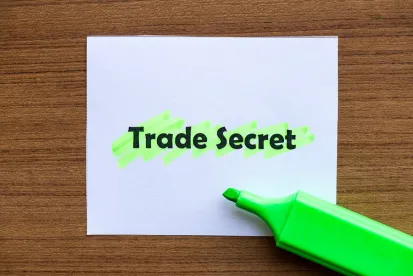It is rare that a trade secret / restrictive covenant lawsuit makes it all the way to trial, much less a jury verdict. The passage of time, accumulating legal expenses, bad facts, and/or the risk of losing at trial all can conspire to sap litigants of the desire to take their cases to the finish line. Settlements and withdrawals of claims abound. Sometimes, however, the parties dig in and roll the dice in court, as recently occurred in a case in the Southern District of New York.
On November 29, 2016, after more than 10 days of trial, a jury delivered a verdict in favor of the plaintiff Tesla Wall Systems LLC (“Tesla Wall,” an architecture and construction company) against its former president Michael Budd, and awarded $14.5 million in damages. Budd had been president of Tesla Wall for less than two years when he resigned in 2014. He was subject to contractual provisions prohibiting him post-employment from interfering with any of Tesla Wall’s actual or potential business relationships for six months and from soliciting any Tesla Wall employee for nine months.
Tesla Wall alleged that while president of Tesla Wall and thereafter, Budd secretly organized a competing curtain wall company (based on Tesla Wall’s business plan for future operations); negotiated the purchase of land in Pennsylvania, various investments and tax credits for the new company’s manufacturing facility; and hired all of Tesla Wall’s employees to work for the new venture. Pursuing claims of breach of contract, breach of fiduciary duty, and violation of the Delaware Uniform Trade Secrets Act, among others, Tesla Wall was awarded $14.5 million in damages against Budd.
Although the publicly available record does not reveal the calculations which underlie this award, the jury’s verdict is a reminder of what can be achieved by an aggrieved employer in the trade secrets/restrictive covenants arena, when the facts are favorable and the employer sees the lawsuit to its conclusion.




 />i
/>i

